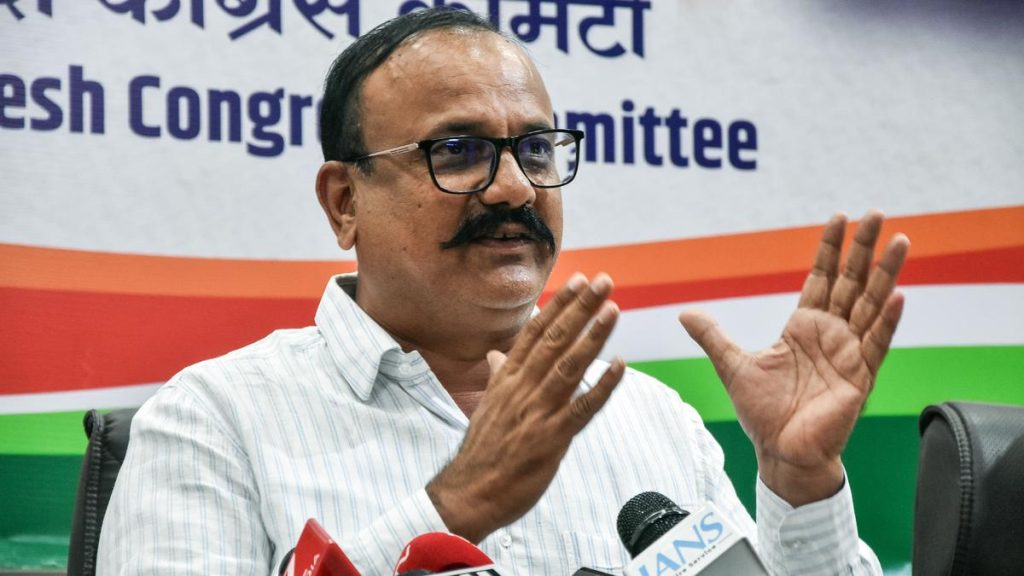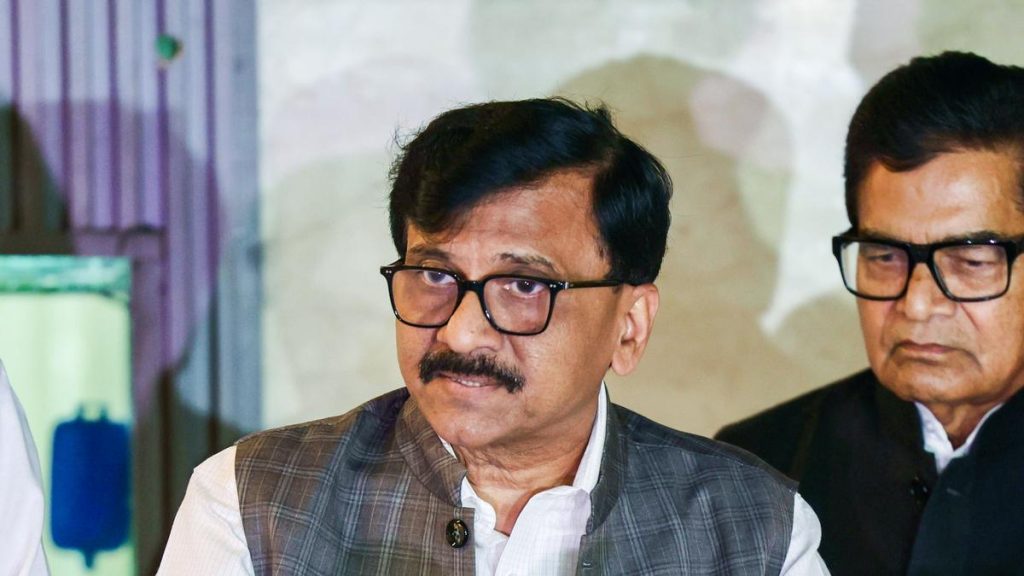Now Reading: Assam Govt Grants Arms Licenses to Indigenous Communities: Key Decision Explained
-
01
Assam Govt Grants Arms Licenses to Indigenous Communities: Key Decision Explained
Assam Govt Grants Arms Licenses to Indigenous Communities: Key Decision Explained

Quick Summary
- Assam Government Decision: Assam CM Himanta Biswa Sarma announced that arms licenses will be issued to natives residing in sensitive,backward,and border areas of the state. The decision is effective immediately.
- Eligibility: Only natives of Assam can apply for weapons licenses, particularly residents from districts bordering Bangladesh and areas prone to internal security concerns.
- Security Concerns: Districts such as Karimganj, Cachar, dhubri, and South Salmara-Mankachar share a 267.5 km border with Bangladesh and have reportedly experienced infiltration issues. Licenses aim to empower locals who often clash with infiltrators during protests.
- Demographic Shift: The Hindu population has seen a decline in seven districts from 1991-2011 while the Muslim population increased substantially-allegedly due to Bangladeshi infiltration-which CM Sarma has repeatedly flagged as a sensitive issue for Assam’s social balance.
Indian Opinion Analysis
The Assam government’s decision reflects an attempt to address both internal security challenges and demographic concerns associated with cross-border migration from Bangladesh into the region’s border districts. This policy emphasizes empowering “natives” facing infiltration-related disputes while perhaps increasing local accountability for regional stability.However, issuing arms licenses raises several critical implications-from ensuring proper regulation to avoiding misuse or escalation of communal tension stemming from existing ethnic divides in affected areas like Dhubri and South Salmara-Mankachar.
While rooted in addressing sensitivity around changes in religious demographics highlighted by government observations (e.g.,population shifts),this step must tread carefully between empowering marginalized communities at risk of migration clashes versus inadvertently intensifying divisive narratives within these regions crucial for India’s cohesion overall.

























